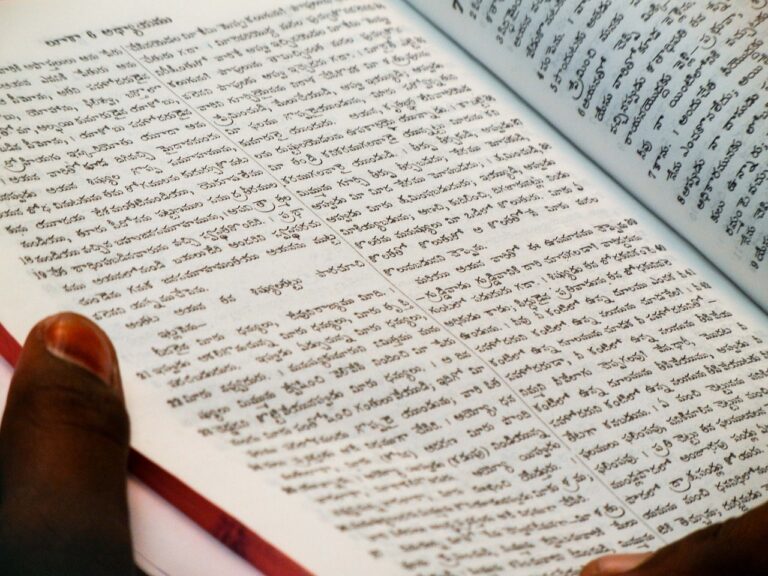Exploring the Intersection of Education and Social Justice
In education, inequality can lead to a myriad of negative consequences for individuals and society as a whole. When certain groups are marginalized and denied equal access to quality education, it perpetuates a cycle of poverty, limited opportunities, and social injustice. This not only hinders personal growth and development but also undermines the overall progress and prosperity of a nation.
Addressing inequality in education is crucial for building a more equitable and inclusive society. By ensuring that all individuals have equal access to educational resources, opportunities, and support systems, we can empower individuals to reach their full potential and contribute meaningfully to society. Only by acknowledging and actively working to eliminate disparities in education can we create a future where every individual has the chance to succeed and thrive.
• Education inequality perpetuates a cycle of poverty and limited opportunities
• Marginalized groups are denied equal access to quality education
• Social injustice is fueled by disparities in educational resources
• Addressing inequality in education is essential for building an equitable society
• Equal access to educational resources empowers individuals to reach their full potential
• Eliminating disparities in education creates a future where everyone can succeed and thrive
Challenges Faced by Marginalized Communities in the Education System
Marginalized communities often encounter numerous barriers within the education system. One of the major challenges faced is unequal access to quality education. Schools in marginalized areas may lack resources, experienced teachers, and adequate facilities, which can hinder students’ learning and development. This disparity in resources perpetuates the cycle of inequality and limits the opportunities for students from marginalized backgrounds to succeed academically.
Additionally, systemic discrimination and bias can impact the experiences of marginalized students in educational settings. This can manifest through lower expectations from teachers, stereotyping, and microaggressions that can lead to feelings of exclusion and marginalization. These negative experiences can have detrimental effects on students’ self-esteem, motivation, and overall academic performance. Addressing these challenges requires a concerted effort to create inclusive and equitable learning environments for all students, regardless of their background or identity.
The Role of Teachers in Promoting Social Justice in Education
Teachers play a crucial role in promoting social justice within the education system. They have the opportunity to create an inclusive and equitable learning environment for all students, regardless of their background or circumstances. By fostering a classroom culture that values diversity and celebrates individual differences, teachers can help break down barriers and create a more just society.
Additionally, teachers can actively work to challenge systemic inequalities within the education system. This can involve advocating for resources and support for marginalized students, addressing biases in curriculum and teaching practices, and working to create policies that promote equality and fairness for all. By being advocates for social justice within their schools and communities, teachers can help create a more equitable and inclusive educational environment for all students.
Why is addressing inequality in education important?
Addressing inequality in education is important because it ensures that all students have equal access to resources, opportunities, and support to succeed academically. By addressing inequality, we can create a more equitable and just education system.
What are some challenges faced by marginalized communities in the education system?
Marginalized communities face numerous challenges in the education system, including lack of access to quality resources, higher rates of discipline and suspension, lower academic achievement, and bias and discrimination from educators and peers.
What is the role of teachers in promoting social justice in education?
Teachers play a crucial role in promoting social justice in education by creating inclusive and equitable learning environments, advocating for marginalized students, addressing bias and discrimination, and incorporating diverse perspectives and voices into the curriculum.
How can teachers support marginalized students in the education system?
Teachers can support marginalized students in the education system by providing individualized support, creating a safe and inclusive classroom environment, advocating for their needs, and challenging systemic inequalities within the education system.







